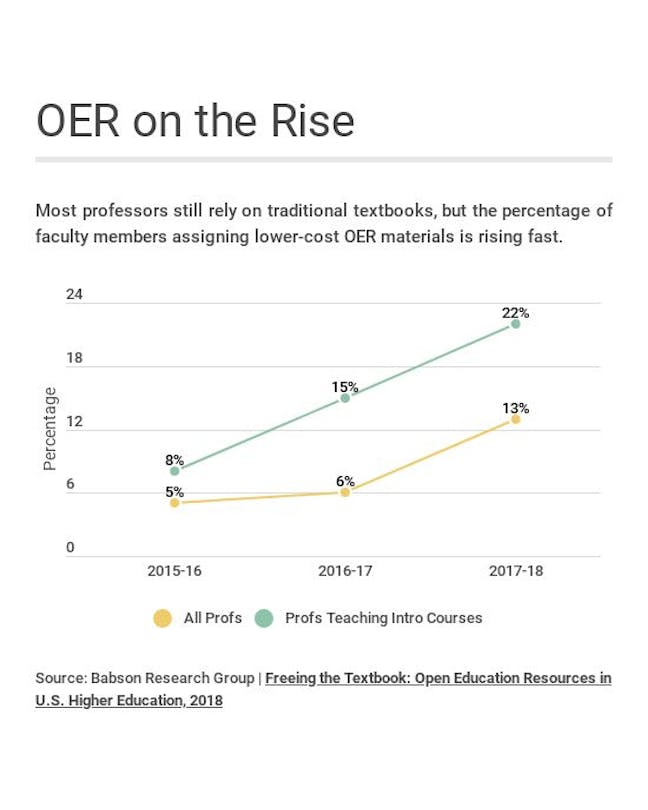21st Century Teaching
6 Key Trends to 21st Century Teaching
Richard Nattoo
https://www.edsurge.com/research/guides/21st-century-teaching-guide

Colleges around the country have also started hiring staff members with titles like OER Coordinator and Affordable Content Librarian. Our series looked into how the movement is changing, and the research into the costsand benefits. You can even hear a podcast version here.
Flipped classrooms seem to be growing exponentially
Robert Talbert, a professor of mathematics at Grand Valley State University and author of the book Flipped Learning. Talbert recently tabulated how many scholarly articles are published each year about “flipping” instruction, meaning that traditional lecture-style material is delivered before class (often using videos) so that classroom time can be used for discussion and other more active learning.

More professors are looking to experts to help them teach. (Though some resist.)
By 2016, there were an estimated 13,000 instructional designers on U.S. campuses, according to a report by Intentional Futures. And that number seems to be growing.
There’s also a growing acceptance of the scholarly discipline known as “learning sciences,” a body of research across disciplines of cognitive science, computer science, psychology, anthropology and other fields trying to unlock secrets of how people learn and how to best teach.
here’s a classic study that shows that professors think they’re better teachers than they actually are
The classroom isn’t the only place to learn
experiments with putting office hours online to get students to show up, bringing virtual reality to science labs to broaden what students could explore there, and changing how homework and tests are written.
Students are also finding their own new ways to learn online, by engaging in online activism. The era of a campus bubble seems over in the age of Twitter
Colleges are still struggling to find the best fit for online education
We dove into what lessons can be learned from MOOCs, as well what research so far about which audiences online can best serve.
And what does it mean to teach an age of information overload and polarization?
Perhaps the toughest questions of all about teaching in the 21st century is what exactly is the professor’s role in the Internet age. Once upon a time the goal was to be the ‘sage on the stage,’ when lecturing was king. Today many people argue that the college instructor should be more of a ‘guide on the side.’ But as one popular teaching expert notes, even that may not quite fit.
And in an era of intense political polarization, colleges and professors are looking for best to train students to become digitally literate so they can play their roles as informed citizens. But just how to do that is up for debate, though some are looking for a nonpartisan solution.